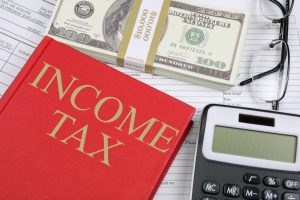
More UK pensioners than ever are facing unexpected income tax bills. With the government freezing tax thresholds while increasing state pensions, nearly 700,000 more retirees are being pushed into the tax net. This shift has sparked concerns about financial strain on pensioners who expected tax-free retirement income. This is understandable as people who have paid taxes their entire lives would expect to be able to retire in peace, preferably tax-free.
Why More Pensioners Are Paying Income Tax
The issue stems from the government’s decision to freeze the personal allowance at £12,570 until 2028. Meanwhile, state pensions have risen due to the triple lock policy, which guarantees increases in line with inflation, earnings growth, or 2.5%, whichever is highest. As pensions grow but tax thresholds stay the same, more retirees find themselves earning above the tax-free limit.
For many pensioners, this means paying 20% tax on their income, even though they may have no other significant earnings. Those with additional private pensions or investments could face even higher tax bills. Critics argue that this is an unfair stealth tax that disproportionately affects older citizens.
How This Affects Retirement Planning
Retirees who planned their finances around a tax-free pension are now having to reconsider their budgets. Some may need to cut back on spending or find alternative ways to manage their income to reduce their tax burden. Financial advisors suggest strategies like withdrawing money from ISAs, which remain tax-free, or adjusting pension withdrawals to stay under the tax threshold.
Could a QROPS Help?
For those looking to mitigate tax burdens, a Qualifying Recognised Overseas Pension Scheme (QROPS) could be an alternative. By transferring pensions abroad, retirees may access lower tax rates, better currency flexibility, and more control over their funds. With income tax bills rising in the UK, exploring international pension options could provide long-term financial relief.
